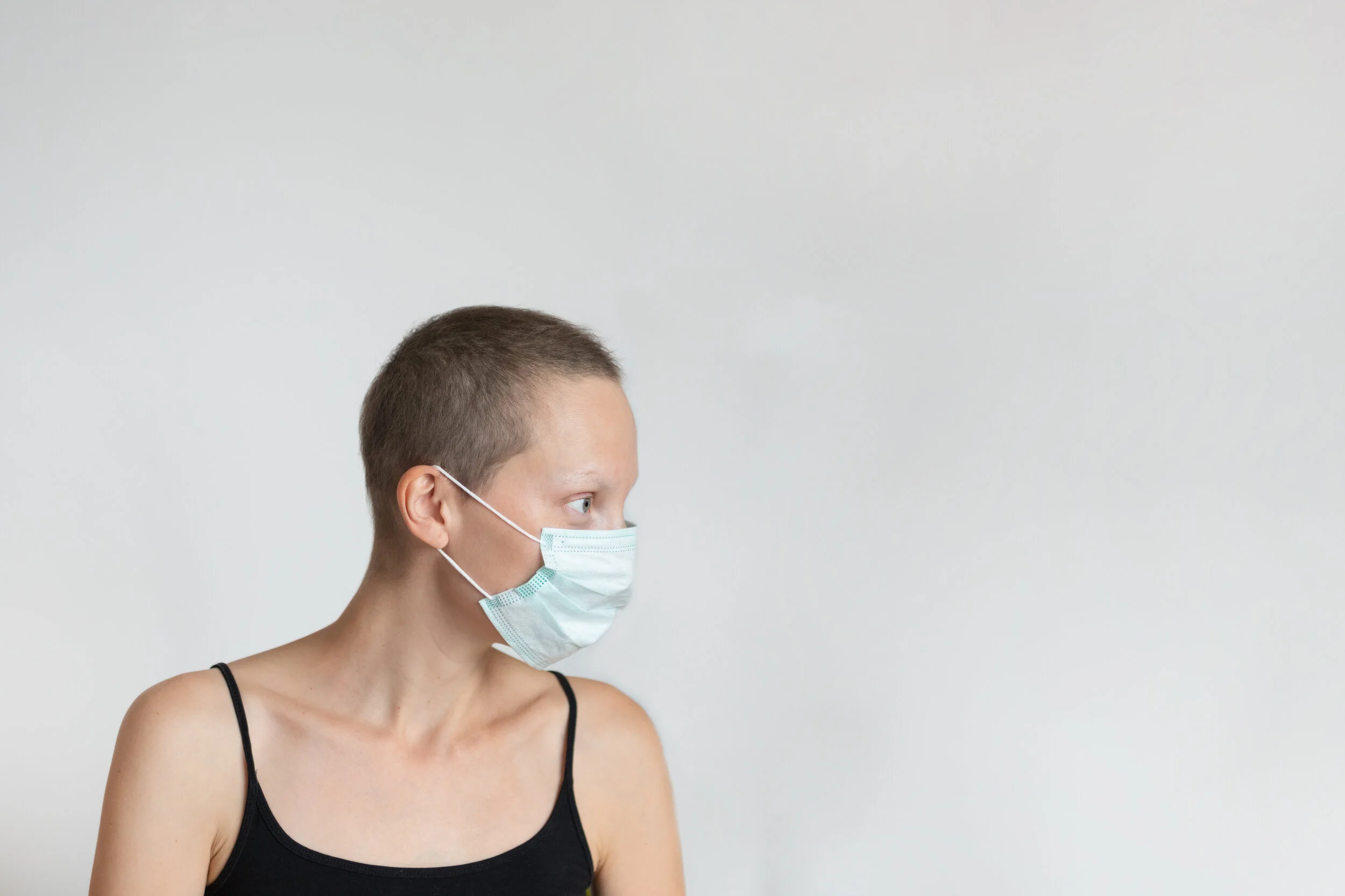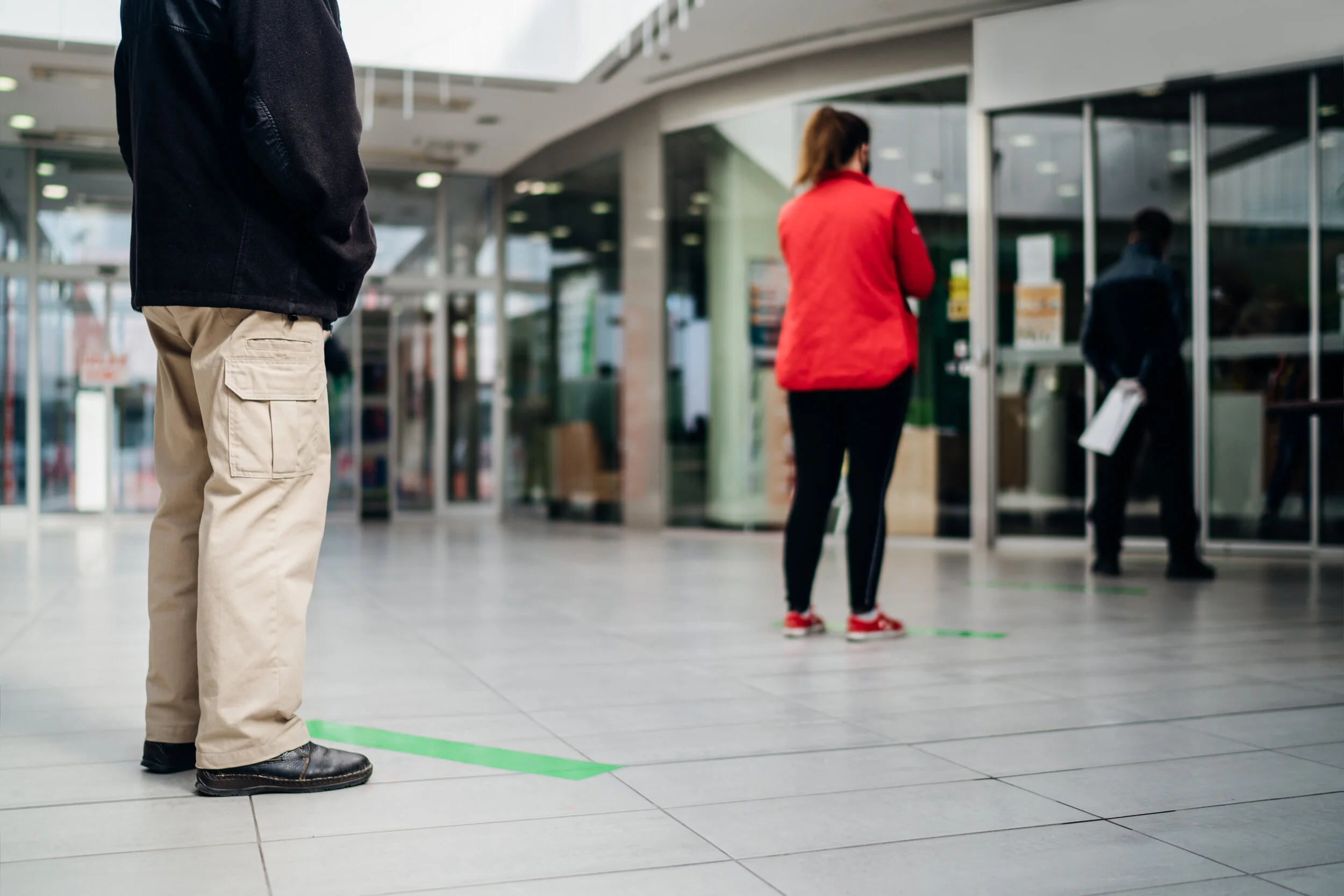Quarantine And Cancer
Quarantine And Cancer
Is Quarantine Harder To Endure For Cancer Patients?
Loneliness and boredom can trigger depression. Even healthy people can find it a struggle to maintain a cheerful outlook on life. And this is even more so for cancer patients. Here we explore how and give some good advice on how to prepare and handle it better.
Quarantine Time Can Be Hard On Everybody
Spending time in the quarantine must be hard on everybody, but to cancer patients, it can be really exceptionally daunting experience. As if it’s not hard enough, juggling normal life’s routines, family, and work, with enduring treatments and scheduled tests, now it all has to be done while trying to keep your distance from others, to protect themselves, their families, and others, from the contagion.
“Social Distancing” And “Self-Isolation”
“Social distancing” and “self-isolation” are more than just trendy catchphrases in today’s coronavirus culture. For many people, especially those who may have been exposed to the virus or those trying to avoid exposure, they are a new normal.
For cancer patients, whose immune systems may be jeopardized already because of their disease or treatment, living in isolation may be a crucial step to help to limit exposure to those infected. But with treatments to schedule and other special needs they have, cancer patients could find that isolation takes more than just closing the door and evading contact. Being quarantined or isolated for the recommended period takes some planning and attention to detail.
In light of the Coronavirus pandemic occurring now, we are all doing our part by staying indoors and practicing social distancing. Quality time in quarantine is an excellent opportunity to spend time with your close ones who are at home and to reach out to those that are not. We are often consumed with work, school, social events, and our electronic devices that we do not spend enough meaningful time together. Dr. Shyamali Singhal likes to remind patients that this does not need to be a stressful season if we choose to be deliberate with the time that is given to us.
Some Tips To Better Prepare For Quarantine
If you need to be quarantined or isolated, below are some tips for either you or, if you’re too weak from treatment and need help, your caregiver to do:
Make sure you have your meds. Cancer patients may have several prescriptions, such as pain medications, hormone therapies, etc. Stock up on a two-week to a 30-day supply of medications and make sure you have over-the-counter medications and supplies, as well.
Go through your home and fully wipe commonly touched surfaces with disinfectant. Don’t forget door handles, taps and countertops. Disinfect your electronic equipment, too, including phones, keyboards, and touch screens.
Keep your towels, dishes and personal items separated from others’ in the house, to even further reduce your risk of exposure to germs. Clean dishes and utensils carefully after each use.
Get your food and all the groceries delivered to your house. If you need supplies or groceries, or you don’t feel like cooking, take advantage of delivery services. But cancer patients with immune system issues may be best to avoid close communication with delivery people. When doable, pay and tip online when your order. If you have to pay in cash, leave the money at the door and direct the delivery person to leave the package at the door and go.
For some chemotherapy patients, using oral medication in a pill or liquid form may be an option for having to travel to an infusion center. But there are several factors to consider, such as costs, effectiveness and whether you are able to stay on a dosage schedule. Also, Dr. Singhal said chemotherapy drugs may be very toxic, and precautions need to be taken to keep family members safe. Always talk to your doctor about what is best for you.
If you are currently going through treatment and are worried about how the COVID-19 situation may change your care, please reach out to your care team.
Use Quarantine As An Opportunity To Better Yourself
Since the World Health Organization declared the COVID-19 outbreak a global pandemic, many of us, even those who have not been infected by the virus, will prefer to quarantine in our homes for the future weeks. Upset travel plans, indefinite isolation, panic over scarce resources and information overload could be a prescription for anxiety and feelings of isolation.
Dr. Singhal said it is very important for everybody but particularly people with depression or anxiety to get structure – a time to get up, activities to do, physical exercise, make sure that you interact with people you are living with, eat healthy, sleep properly, limit news input and do things that feel useful. Mindful meditation is really helpful because it helps divert your mind of problems.
As boring as the world may seem right now, think of the mandated work-from-home policy as a chance to refocus your awareness from the outside to the inside. Doing one fruitful thing per day can lead to a more confident outlook. Set your sights on long-avoided assignments. Reconstruct, or create something you’ve always aspired to. Approaching this time with a mindset of feeling caught or held will only stress you out more. This is your opportunity to slow down and concentrate on yourself.


